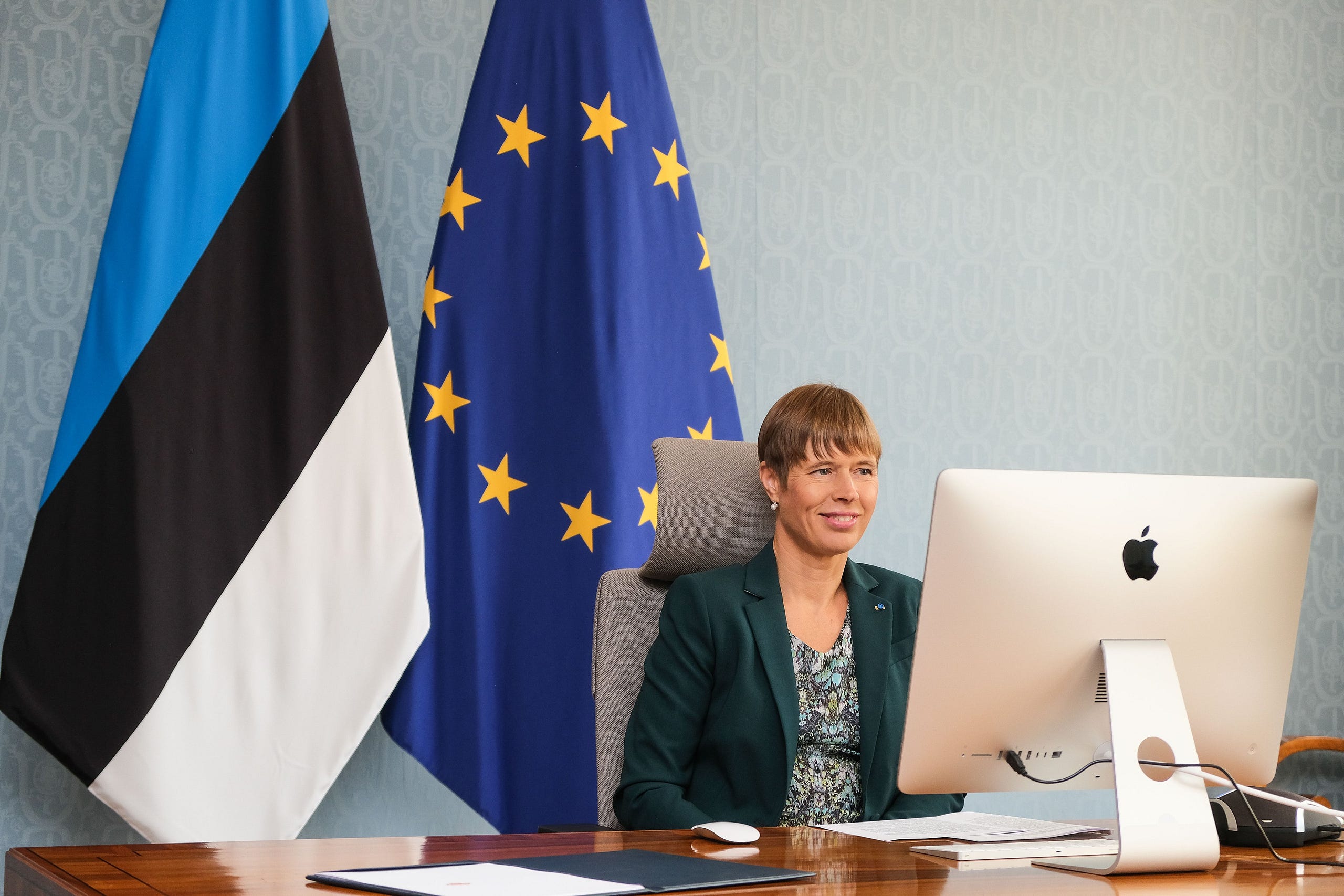estonian president kaljulaid at the unga75
Emphasises importance of transparency, inclusion in digital transformation and need to rethink global (free) labour market
At the end of her speech, President Kaljulaid strongly affirmed Estonia’s commitment to the UN as:
More from e-Residency
- Sign up for our newsletter
- Watch fresh video content - subscribe to our Youtube channel
- Meet our team and e-residents - register for our next Live Q&A
